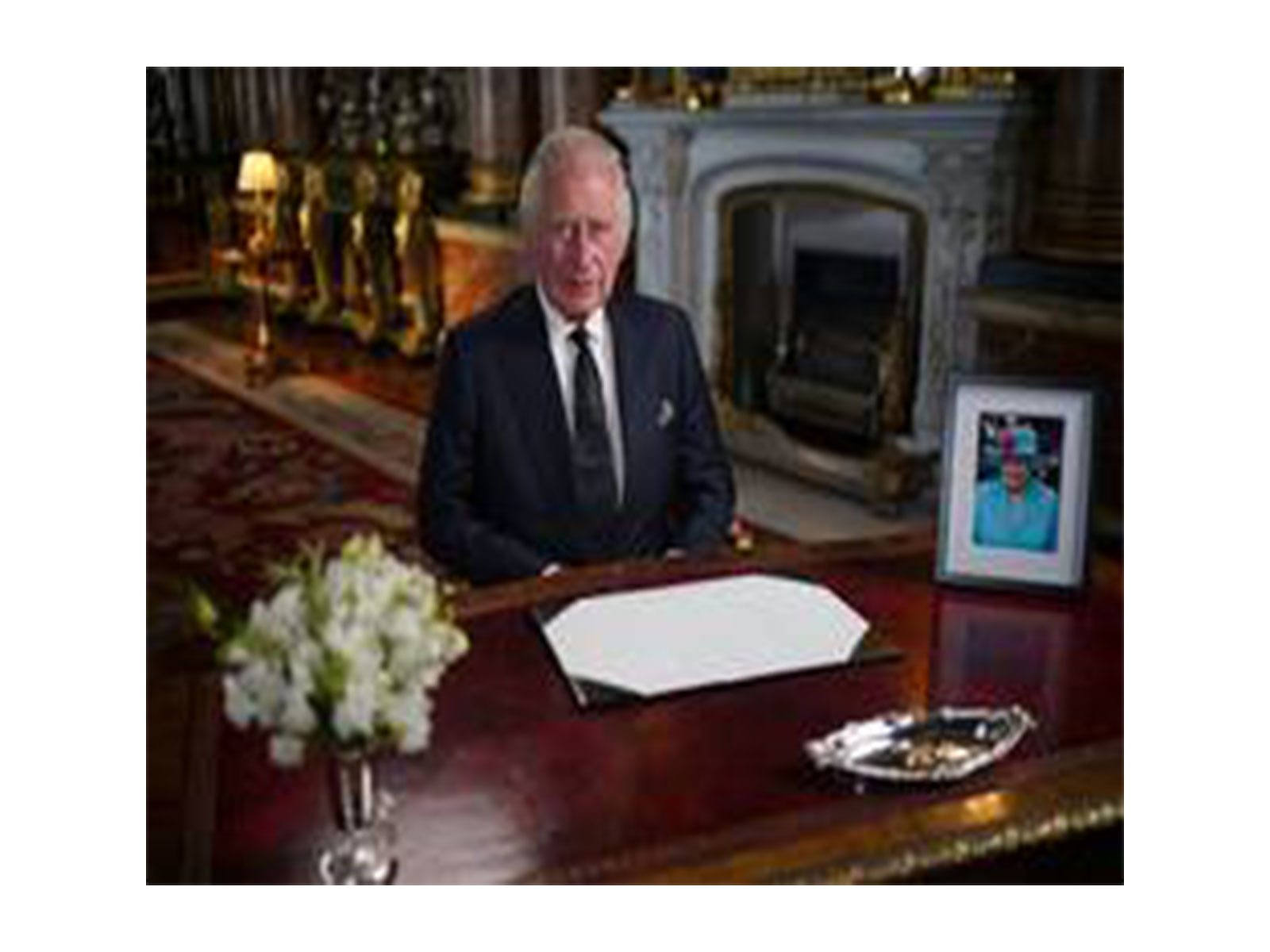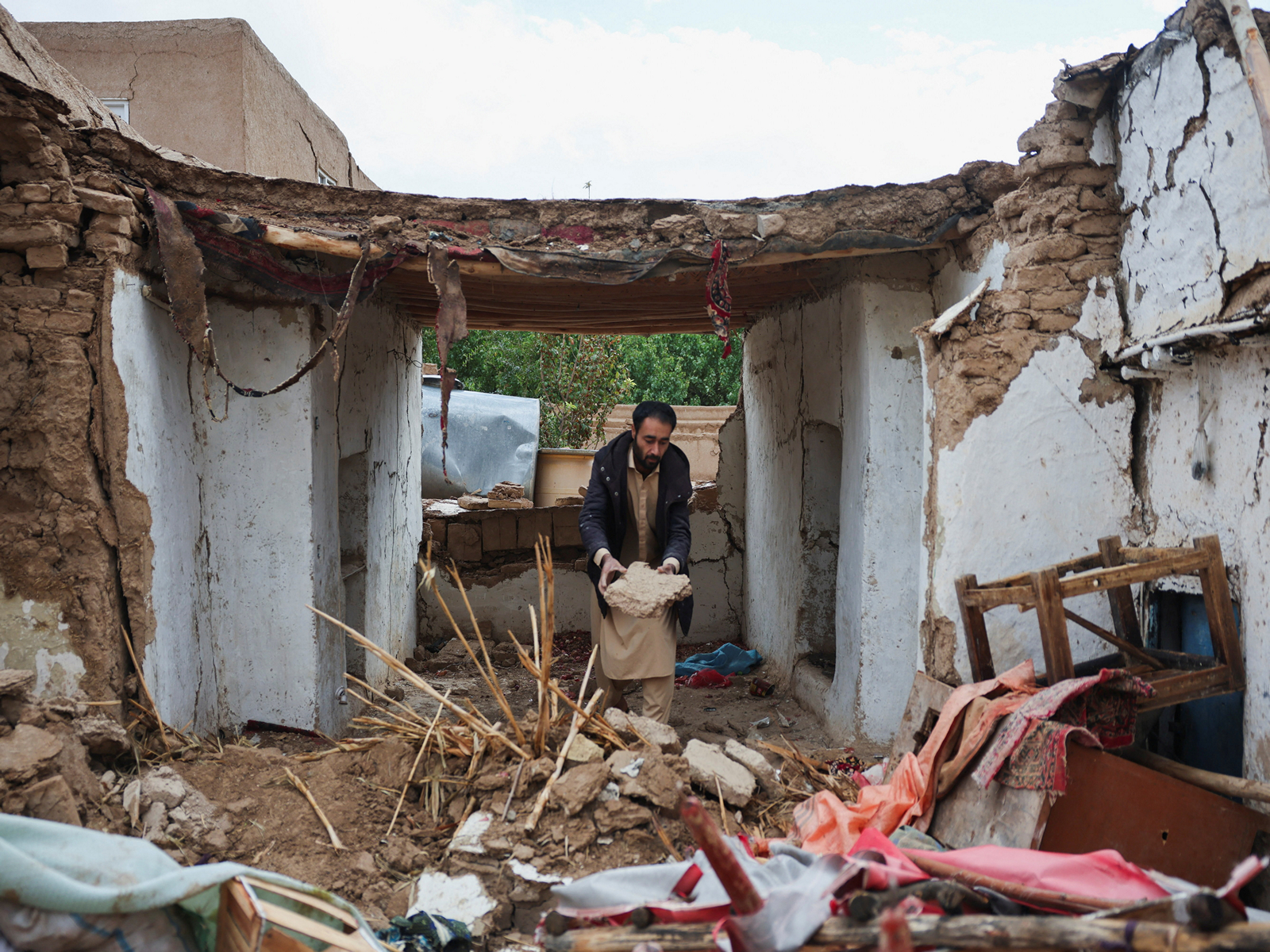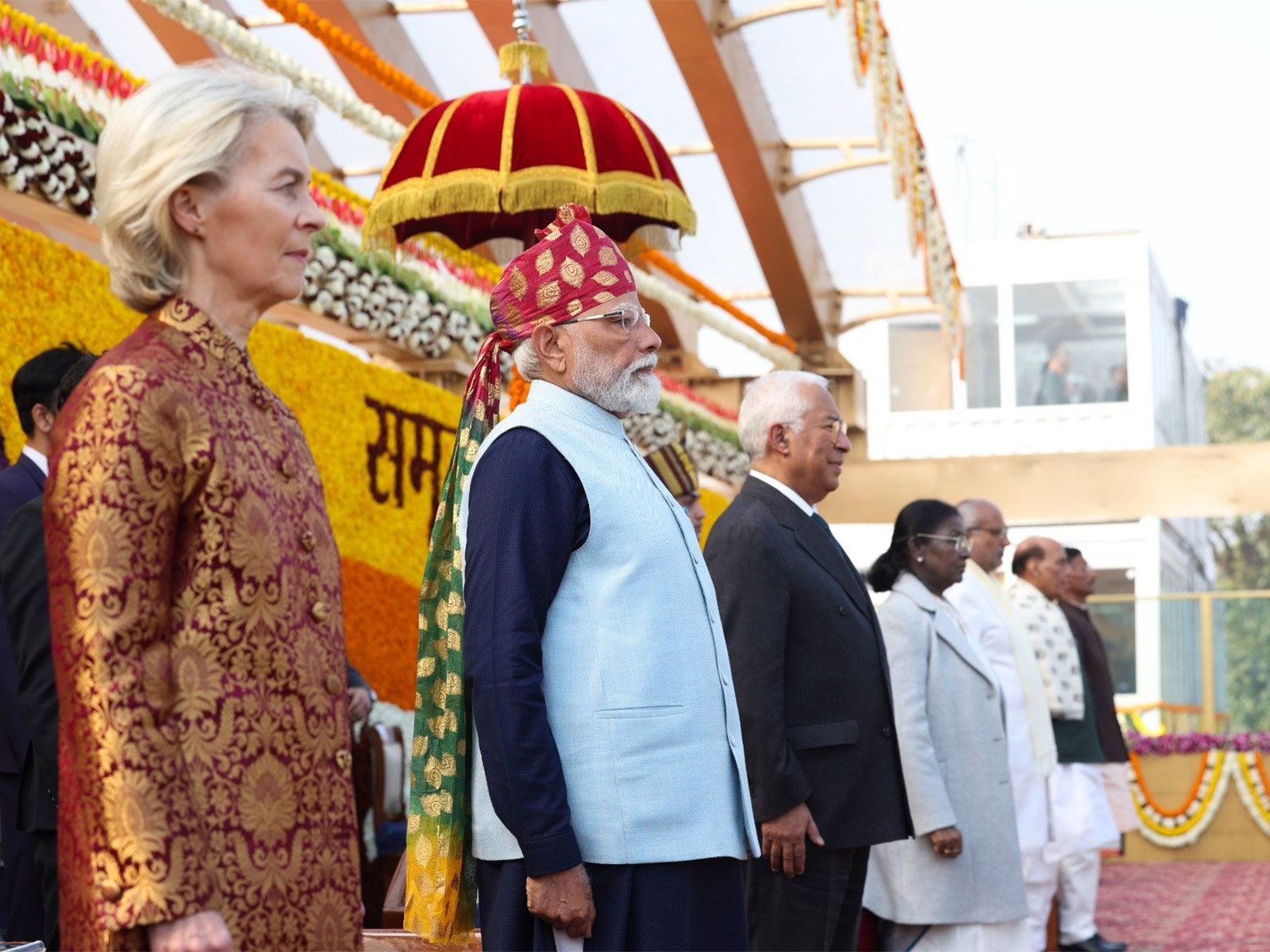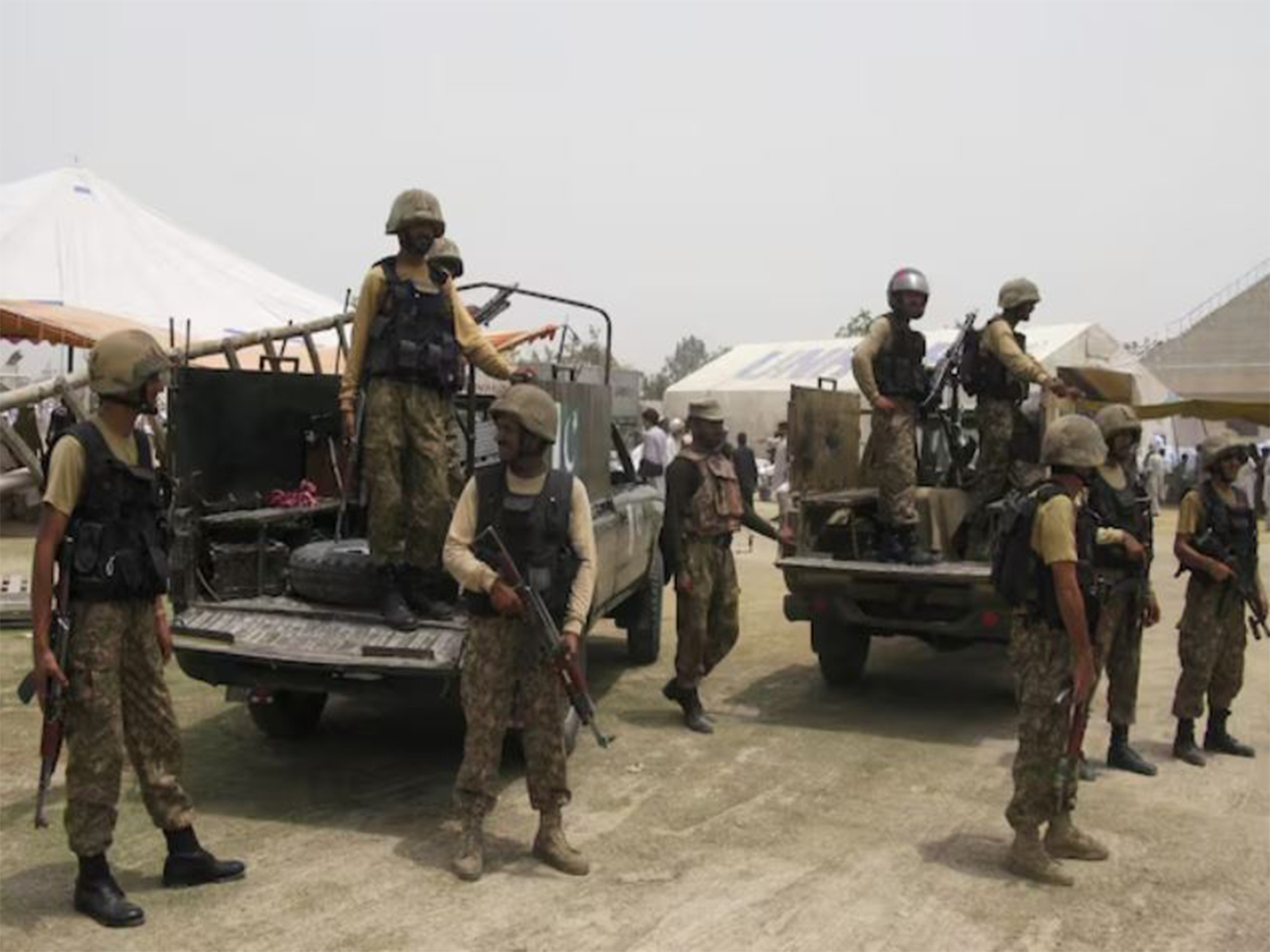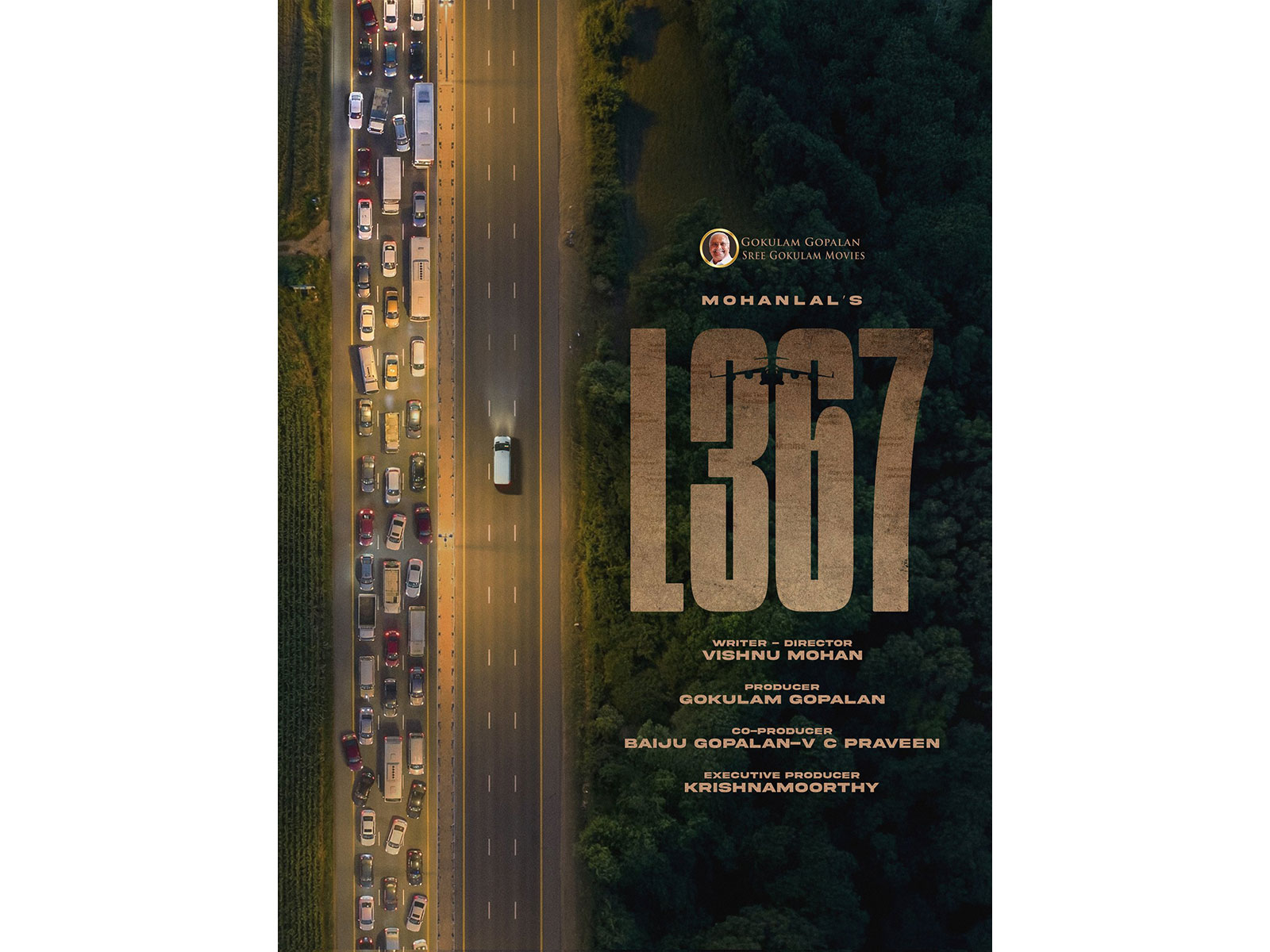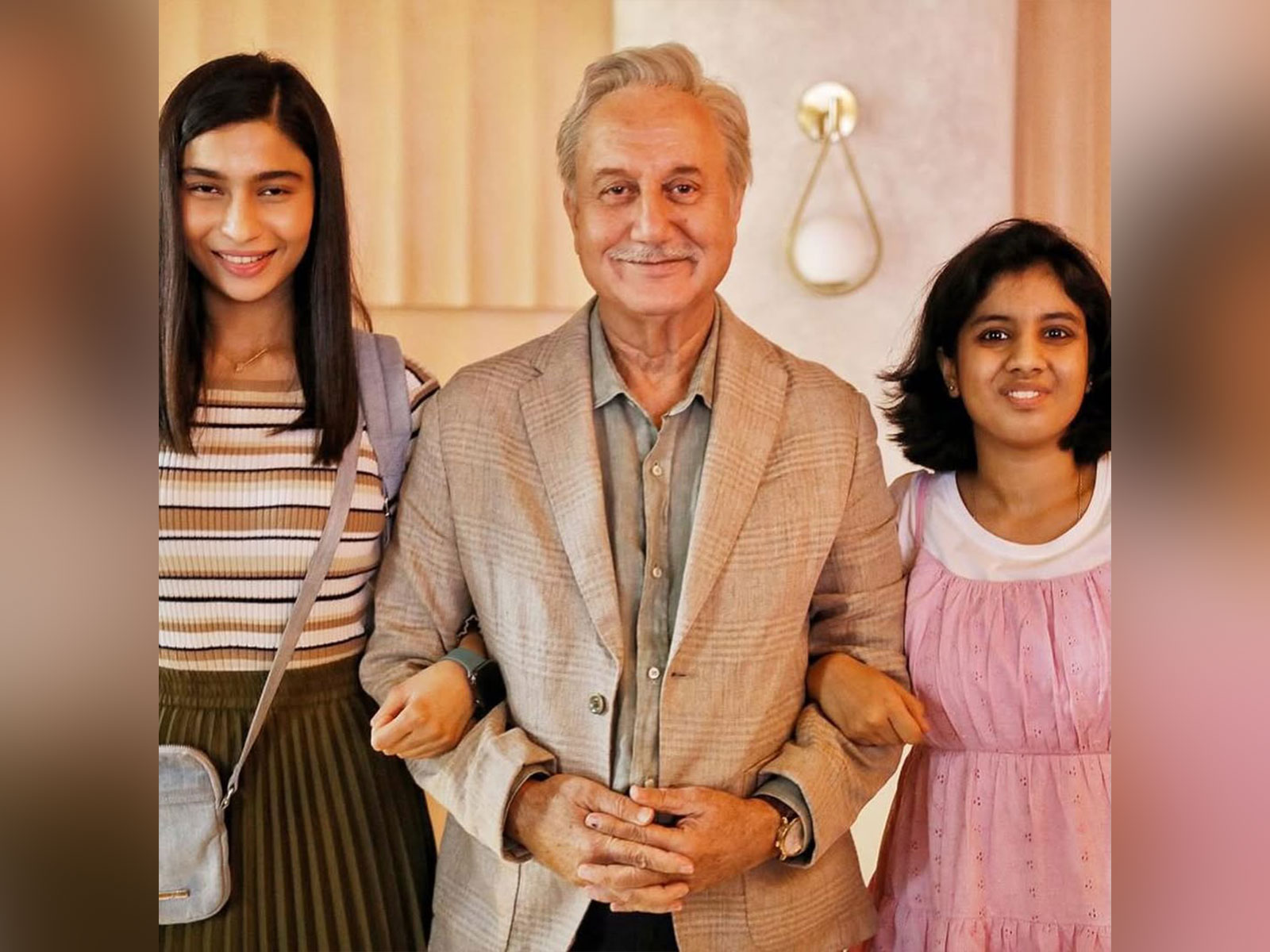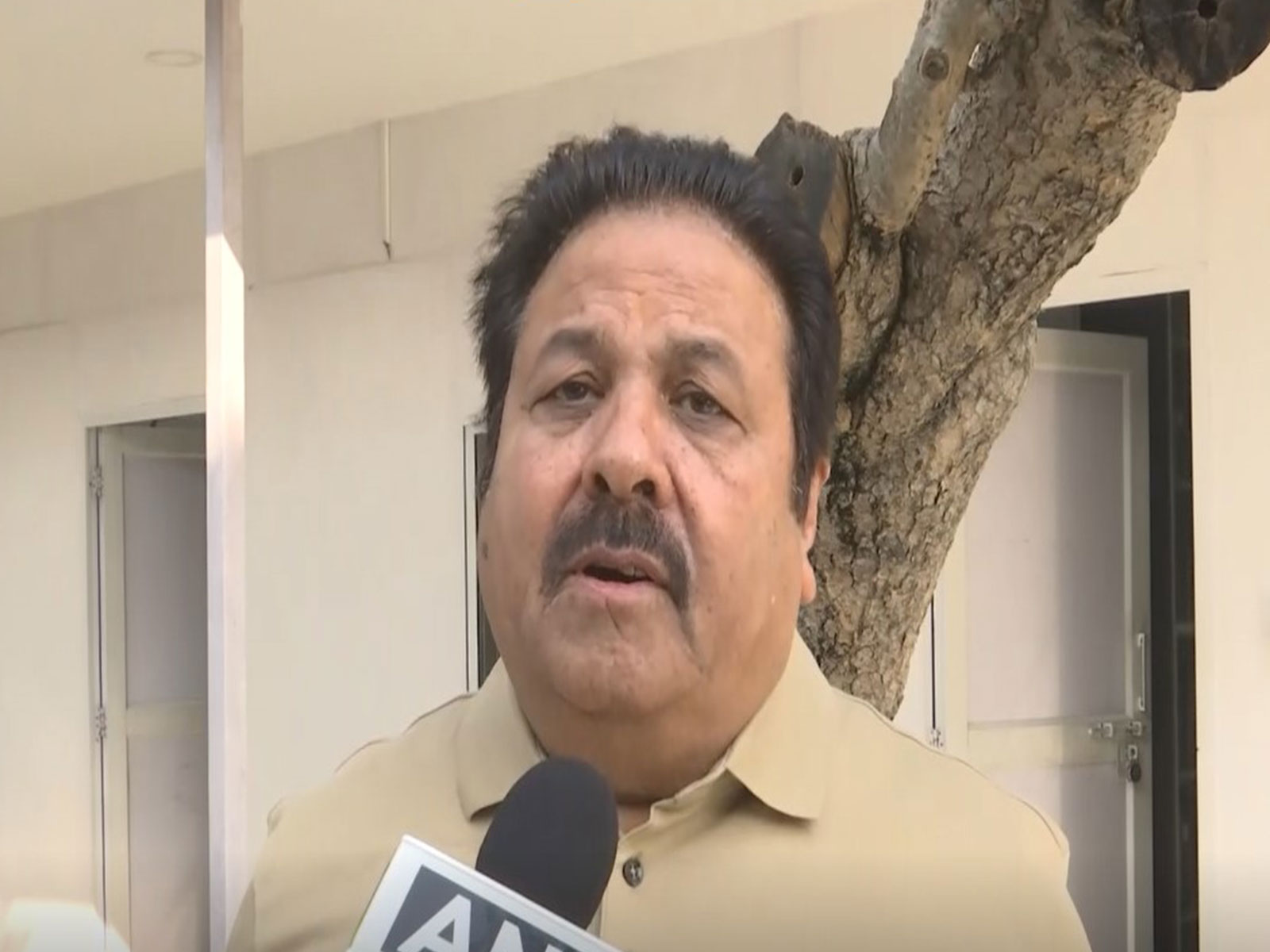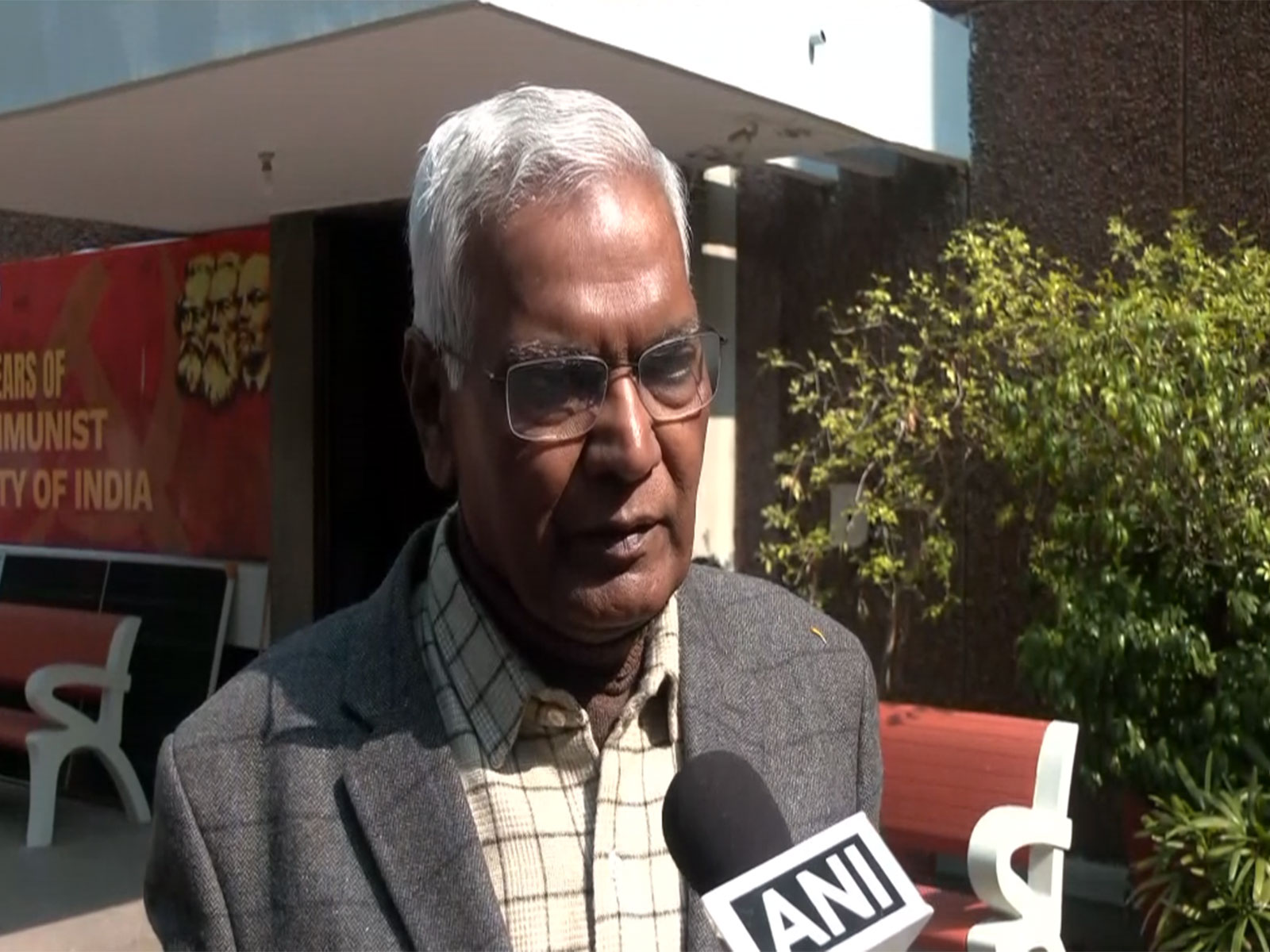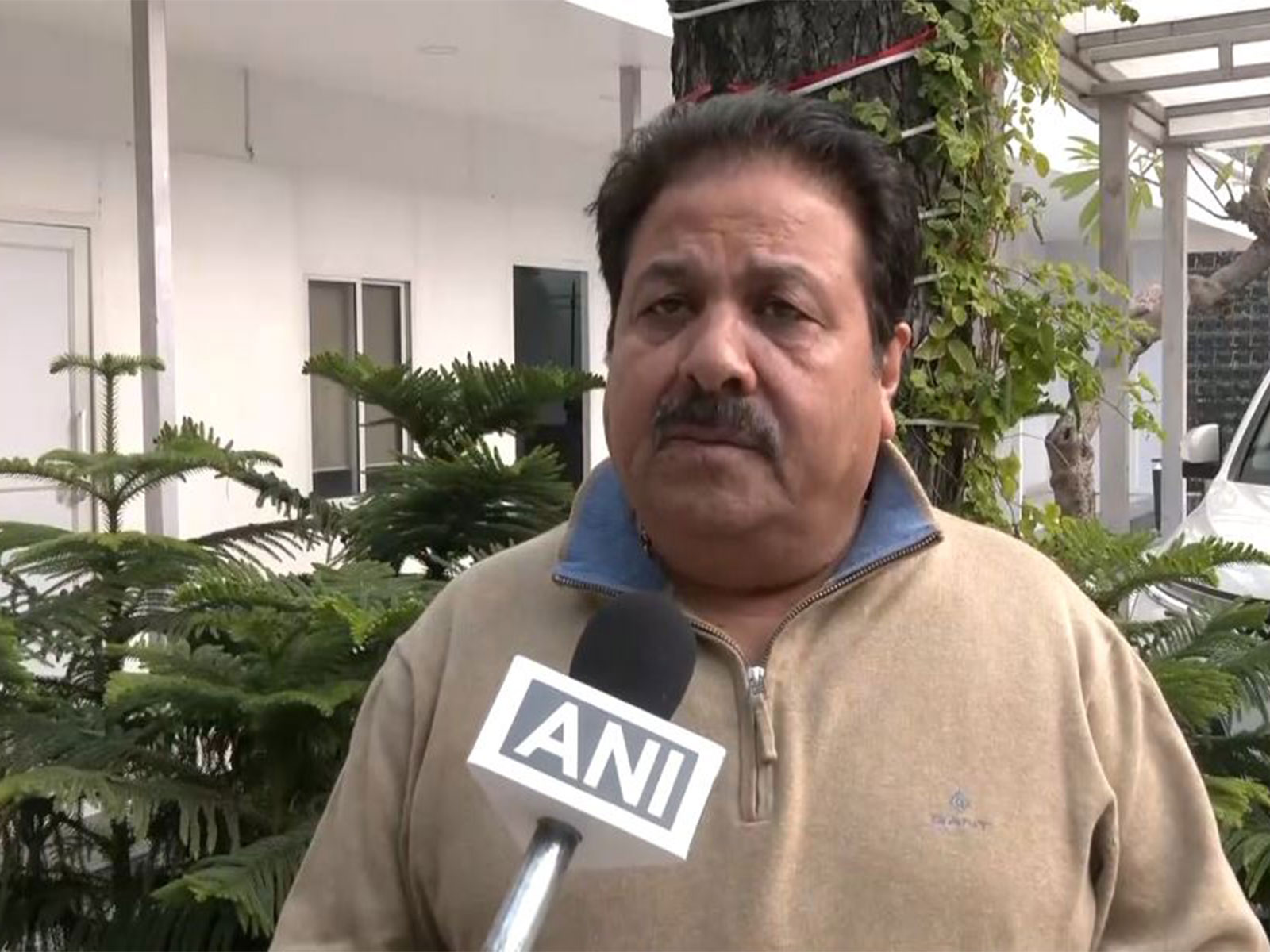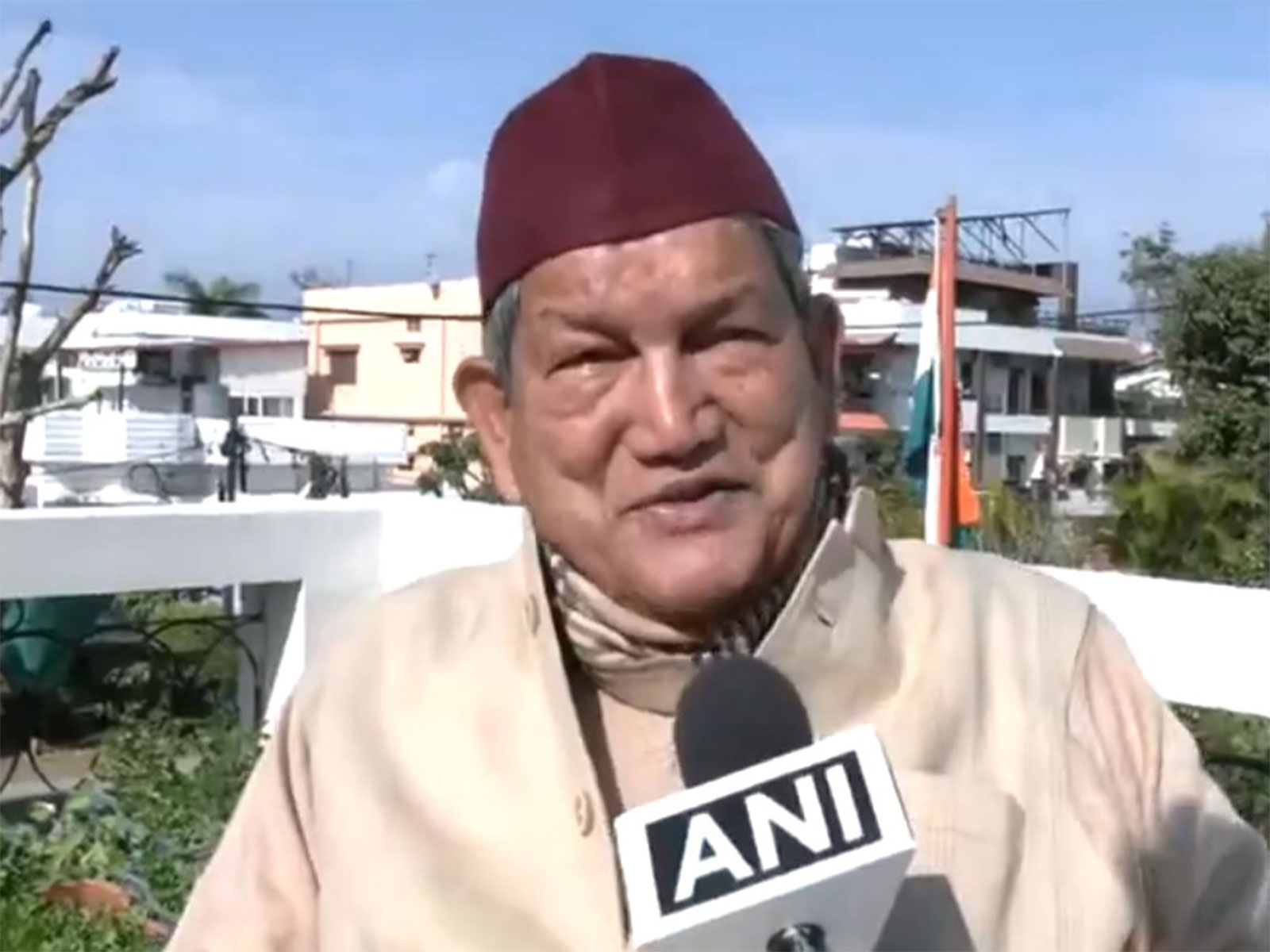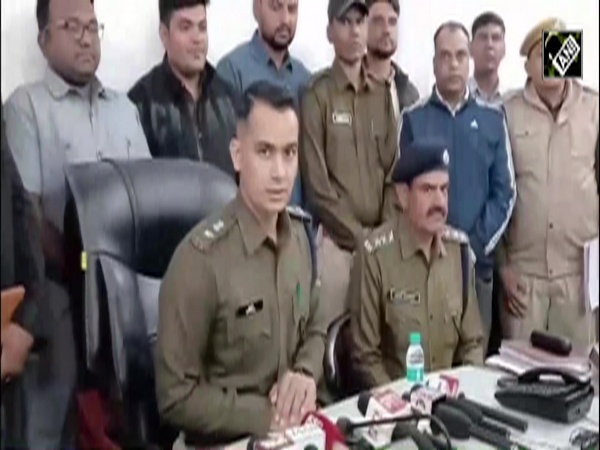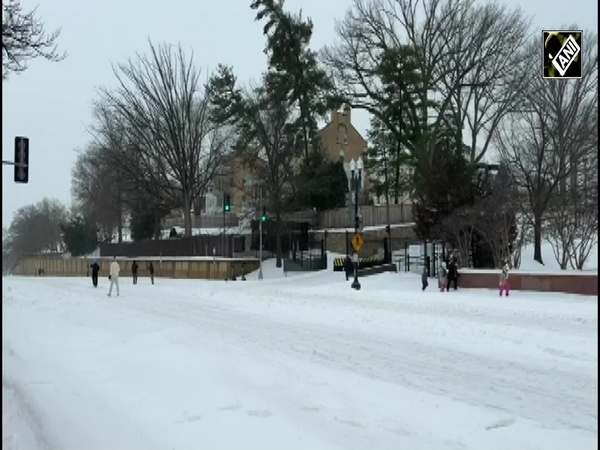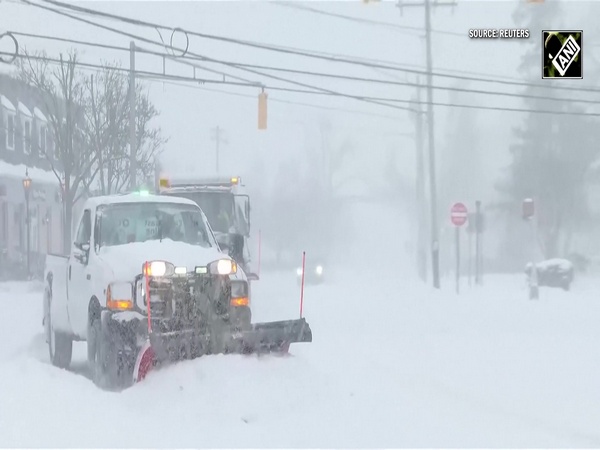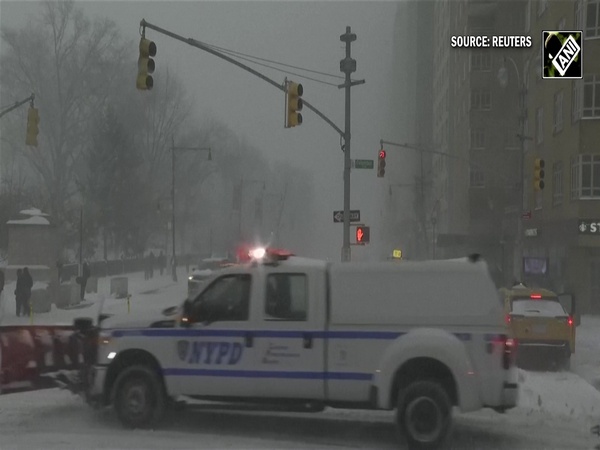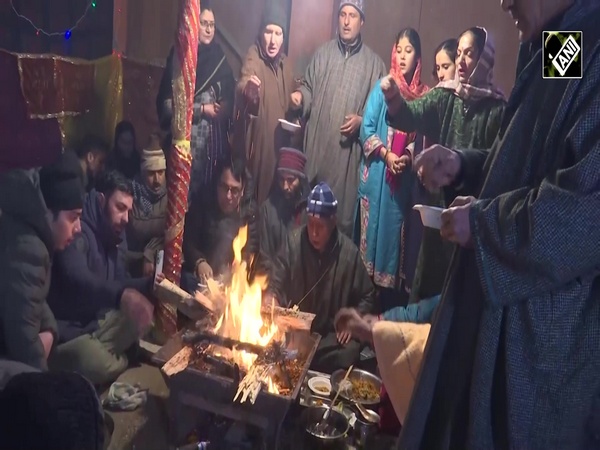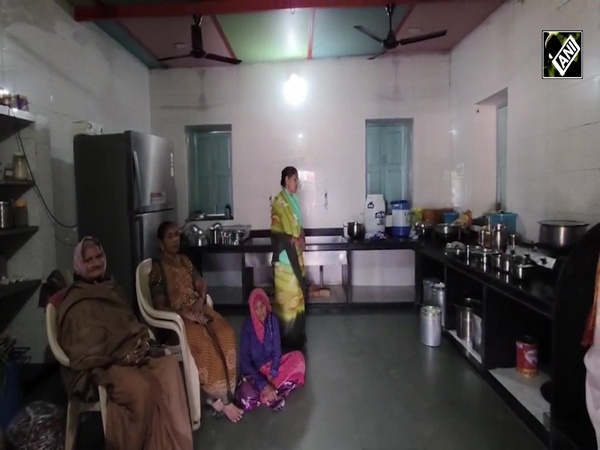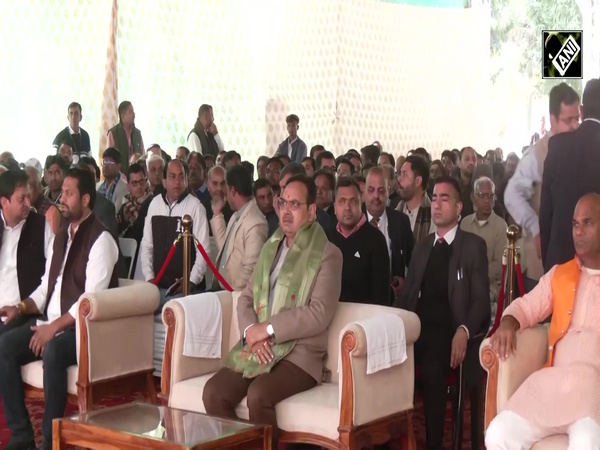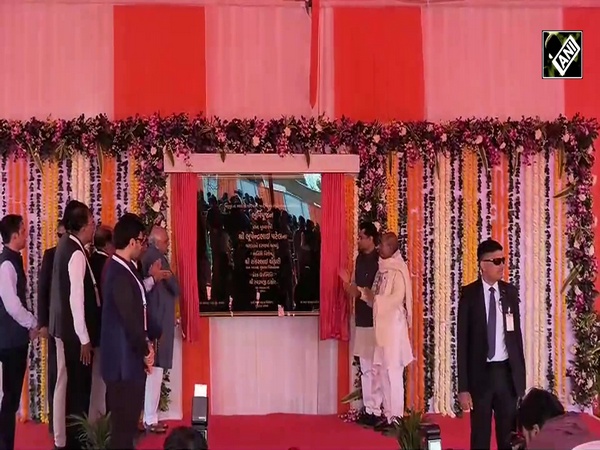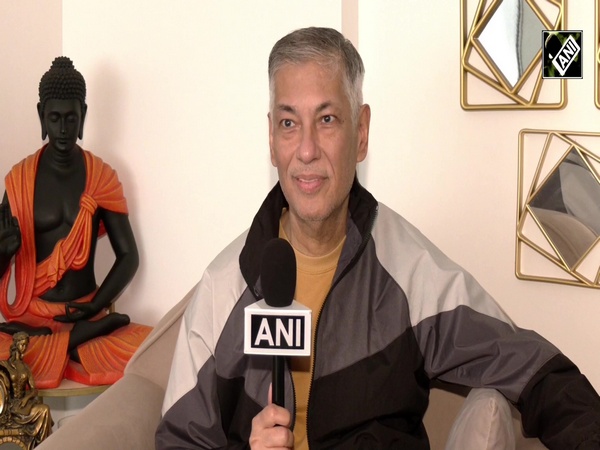Ascendance of Taliban is double-edged sword for Tehran, says analyst
Dec 09, 2021

Kabul [Afghanistan], December 9 : For Tehran, the ascendance of the Taliban is something of a double-edged sword: a chance to fill the power void, but a void that comes with risk.
Hollie McKay, writing in knewz said that for two decades, Iran has publicly condemned the American war effort on its border - reportedly smuggling weapons to militias and sheltering wanted Al Qaeda leadership.
Yet, at the same time, the top brass benefited from the American-funded security presence, which for the most kept ISIS from creeping in.
The Iranian regime has maintained strategic diplomatic ties with the Taliban throughout its insurgent years, despite the theoretical differences derived from the Sunni Taliban and Shia-adherent Iran, reported knewz.
Rather, it is Afghanistan's ISIS affiliate - known as ISIS-K or colloquially as Daesh - that has the community fearing the worst given the devastating rash of violence committed against Shiites across the country over the past three months.
"The Taliban doesn't have anything to do with us, but I can't go to Iran because I have a family to feed, and I can't smuggle them all. So it is hard to live," laments Ahwaz, a 35-year-old labour in the Hazara-dominant pocket of Herat. "And every night we are afraid, we have a fear something will happen, and I don't believe the Taliban will protect us from Daesh."
More than three months into the era of the Islamic Emirate of Afghanistan, Tehran is wracked with both trying to ensure the ISIS scrouge does not seep onto its soil and ensure the rights of Afghanistan's Shia minority - mostly the Hazara population - are upheld.
Nonetheless, some Taliban aren't exactly adhering to orders. For example, soon after taking the reins in Bamiyan province - the picturesque parcel where the Buddhas were wincingly blown up under Mullah Omar's orders in 2001 - Taliban fighters recently destroyed and removed the iconic statue of Abdul Ali Mazari, the Hazara leader executed by the Talibs in 1995.
There remains a sense that something could fall apart at any time, said McKay.
Iran has also requested that the Taliban cooperate in curbing the significant flow of drugs from Afghanistan - the world's largest illicit exporter of opium and its derivative heroin - which has sent addiction soaring over the past two decades.
But behind the scenes, the Emirate is appearing to do very little. Despite overtures to eradicate the "haram" poppy fields, production continues, with Taliban growers assuring us quietly that so long as the drugs are sold out of Afghanistan, the illegal activity will not be prosecuted.
The initial upheaval of the August takeover saw many high-level former Afghan government officials make a run for it - including famed resistance warlord Ismail Khan.
"When they captured him, Iran told the Taliban not to hurt him and to bring him to the border," says on Herat former resistance fighter, who can only be identified as Mohammad. "The Taliban is one of the puppets of Iran."
With the US removed from the geopolitical picture, neighbouring Iran has carte blanche to fill the power vacuum. Iran's most significant objective of all is extending its regional hegemony, says McKay.
Naeem ul haq Haqqani, the 37-year-old Director of Information and Culture for Herat province said, "Afghanistan is ready to have investments, especially Herat province having a border with Iran."
With the United States out, mineral-rich Afghanistan is ripe for pruning, says McKay.
For Tehran, it comes down to strategy. And at a time when Afghanistan's economy is floundering, with the US having frozen USD 9.5 billion in aid, Tehran has chips to play.
Iran's Foreign Minister has called on the Taliban to embrace a "friendly approach" to its neighbour - an obligation that the Taliban is all too happy to fill as it continues its public relations line that it seeks "friendly relations with all countries" - including the United States.
The unknown query is now just how extensive that relationship will become, without an American seat at the table, said McKay.
